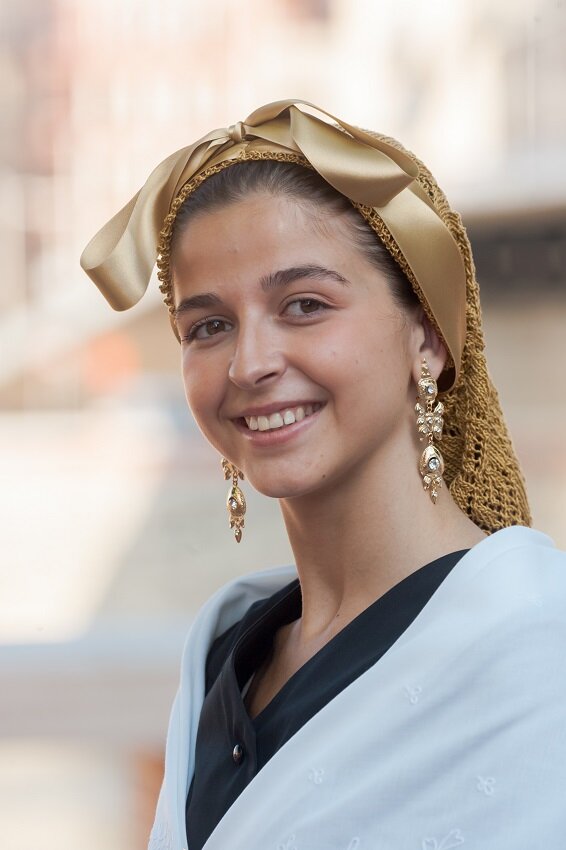Whose ancestors were the Catalans?
The Catalans are a fairly large European, with 8.2 million people, who speak the languages of the Romance group (the relevant languages are Spanish, Portuguese, Italian, French, etc.).
The Catalans do not have their own independent state because official Spain (where they mainly live) considers them to be Spaniards, as well as other related groups – Castilians, Galicians, Aragonese, Provencals, Extremaduras. Usually, when they say "Spaniards", they usually refer to Spanish citizens. But there is a second meaning – "Castilian", because the Kingdom of Castile became the foundation of the country.
In addition, the Catalans live in the French East Pyrenees (they are indigenous people there!). ), and Sardinia, Italy. In addition, do not forget the small state called the Principality of Andorra. It is located between France and Spain and is very prosperous thanks to tourism. The Andorrans, by their ancestry, were the same Catalan peasants. They lived in the local valley in ancient times. However, Andorrans do not consider themselves Catalans, i.e. Andorrans. Although they speak a dialect of Catalan, they have their own special national identity.
(Yes, in Russian this language is called Catalan, and people are called Catalan.) At the same time, if you want to define something, such as a local city, then you need to say it correctly - Catalan city).
***
The immediate ancestors of the Catalans were the Iberians, who lived in these areas long before the arrival of the Indo-European Celts and Romans. The Celts appeared earlier and mixed strongly with the Iberians, resulting in the emergence of a new people, the Celts (as historians usually call them).
Much later, ancient sailors of Semitic ancestry sailed here—the Phoenicians (more precisely, the Carthaginians),— who also invested in the local gene pool. After Carthage was defeated by the Roman Empire, the Romans came here.
The Romans only settled here for a long time, and it was very stable. They are the ones who brought their culture, their laws, their language, their religion (Christianity) here. As a result, the local popular Latin became what we call Catalan today. The same thing happened elsewhere in the Iberian Peninsula, with only Latin developing into Castilian, Galician, Portuguese, Aragonese, etc.
But that's not all! In the 5th century AD, the Visigoths came here and created their kingdom. In the 8th century, the conquerors were replaced by arabs and Berbers, who brought with them an ever-expanding caliphate. Meanwhile, in the 8th century, a small part of Catalan land was conquered by the Franks, saving the natives from the Muslims. It was not until the end of the 15th century that the entire peninsula (and of course the lands of Catalonia) was liberated from the so-called Moors (locally known as all Muslims).
Until the middle of the 17th century, the Catalans were in good shape, even with some independence – however, as part of the Kingdom of Aragon. But there was a small Spanish-French war of influence in Europe! And, since the Catalans supported the French here, after it ended, the Spaniards began to have doubts about the Catalans. In addition, part of the land of Catalonia remains in France.
Then the Kingdom of Aragon was completely liquidated, without any problems with independent Catalonia (they had hoped to at least do something about it). However, it is not yet possible to assimilate the Catalans and make them Spanish. The French, on the other hand, were quite successful in assimilating their Catalans. Today, around 300,000 Catalans live in France. The rest – they no longer think of themselves as such. And in Spain - 8.2 million people, as I wrote above.
Currently, Catalonia has broad autonomy in Spain. One of the freest autonomous states in Europe. This came after a referendum in 2006, where about 75 percent of residents agreed with the fact that they needed more independence. She was given to them. The fact that catalonias are considered an independent country in the country, not just a nation, is usually unique.
